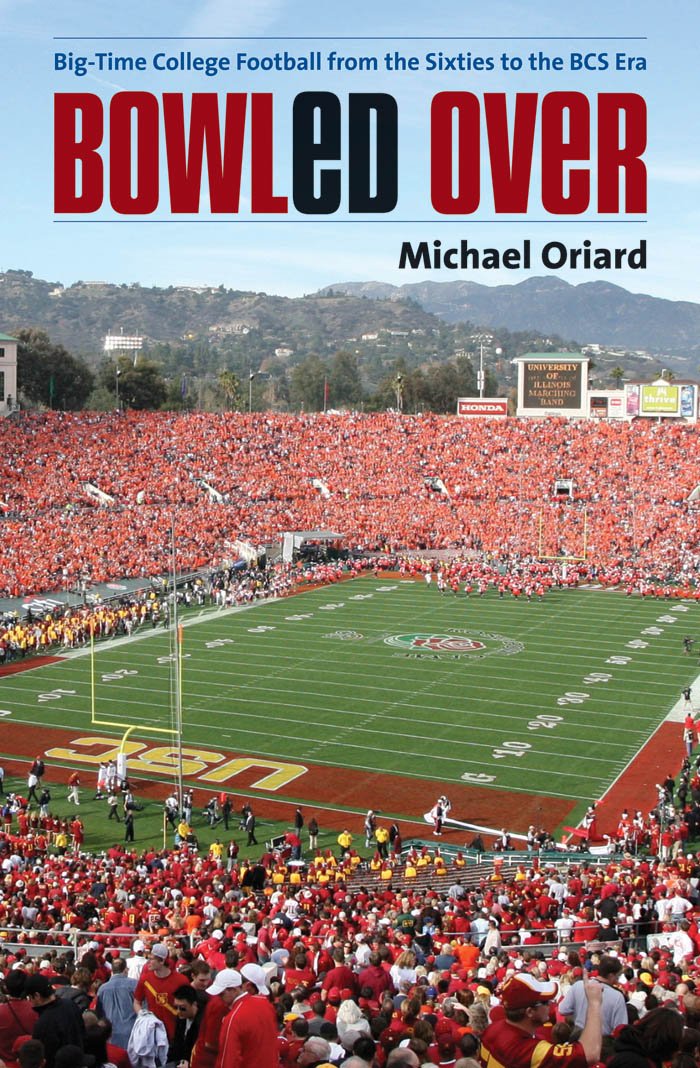The University of Missouri-Kansas City School of Medicine began in 1971. The school offers an accelerated combined Bachelor/MD program based on a six-year curriculum. The school of medicine admits students into the program directly from high school and within six years the graduates attain an undergraduate and a doctor of medicine degree (BA/MD) from UMKC. The curriculum integrates the liberal arts, basic sciences, and clinical sciences with a team approach to learning. More than 2,000 physicians have graduated from the UMKC-SOM six-year combined degree program.

Location
The school of medicine is located in the Hospital Hill neighborhood of Kansas City, MO along with the UMKC schools of dentistry, pharmacy, and nursing. Adjacent hospitals include Truman Medical Center hospital complex (the primary teaching hospital) and Children's Mercy Hospital (the only free standing children's hospital between Denver and St. Louis). Medical students are also able to do rotations throughout the greater Kansas City area. These include St. Luke's Medical Center on the Plaza, Providence Medical Center, Research Medical Center, and TMC-Lakewood Campus.
Nursing Programs In Kansas City Video
The Docent Experience at UMKC
A distinctive aspect of the UMKC School of Medicine is the docent experience. In the docent education system, students are divided into groups of about 12 and are assigned to a practicing Internal Medicine physician who is then referred to as their "Docent." In the first two years, students are assigned to docents for internal medicine (year one), pediatrics/OB-Gyn, Psychiatry, Geriatrics, and other primary care fields (year two). When students have completed much of their basic coursework they are "promoted to the Hill." Hospital Hill is the location of the UMKC Health Sciences Center, as well as Truman Medical Center and Children's Mercy Hospital. At this point, the students are given their own offices and become more involved in hands-on patient care. This is a crucial way to ensure the students learn about continuing care.
In the fifth year of the program, after successful completion of USMLE Step 1, students begin their core rotations and electives. As of 2007-8, the rotation requirements are two months each in Pediatrics, Surgery, Obstetrics & Gynecology, followed by one month each in Psychiatry, Emergency Medicine, Intensive Care (either Adult or Pediatric), Family Rural Preceptorship, and electives pertinent to each student's chosen specialty. While on these required/elective rotations students maintain their continuity clinic obligations, maximizing clinical exposure.
Unique to the UMKC-SOM experience is an emphasis on non-physician care. In addition to their more traditional medical school rotations, students must complete a series of two-week-long rotations with non-physician members of medical staff (primarily nurses).
UMKC-SOM also offers 15 specialty residency programs and 20 subspecialties.

Student organizations
UMKC-SOM runs a student-operated outpatient clinic on Sundays called the Sojourner Free Health Clinic. It caters to the under-served adult population of Greater Kansas City, offering physical exams, prescription drugs, lab work, and various social services free of charge. Students have logged more than 2,600 volunteer hours and have seen more than 530 patients since the clinic opened in 2004. The Sojourner Free Health Clinic has recently partnered with the UMKC Schools of Social Work and Pharmacy.
Previous UMKC-SOM medical students and UMKC undergraduate students have volunteered at The Kansas City Free Eye Clinic, a non-UMKC affiliated organization, since 2009, which will offer eye exams, prescription glasses, outpatient surgeries, and other visual health services.

Associated hospitals
- Truman Medical Center-Hospital Hill
- Truman Medical Center-Lakewood
- Children's Mercy Hospital
- Western Missouri Mental Health Center
- Saint Luke's Hospital
- Saint Luke's Northland
- Baptist-Lutheran Medical Center
- Menorah Medical Center
- Research Medical Center
- Trinity-Lutheran Hospital
- Overland Park Regional Medical Center
- Providence Medical Center
- Shawnee Mission Medical Center

Graduate medical programs
The following programs are available in the Graduate Medical Education:
Residencies
- Anesthesiology
- Emergency Medicine
- Family & Community Medicine
- Internal Medicine
- Medicine/Pediatrics
- Obstetrics/Gynecology
- Ophthalmology
- Oral & Maxillofacial Surgery
- Orthopaedic Surgery
- Pathology
- Pediatrics
- Psychiatry
- Radiology
- Surgery
Subspecialty Fellowships
Community and Family Medicine
- Geriatrics
- Sports Medicine
Internal Medicine
- Cardiology
Cardiovascular Diseases
Clinical Cardiac Electrophysiology
Interventional Cardiology
- Critical Care
- Gastroenterology
- Hematology/Oncology
- Infectious Diseases
- Pulmonary/Critical Care
- Sleep Medicine
Orthopedic Surgery
- Sports Medicine
Obstetrics and Gynecology
- Maternal Fetal Medicine
Pathology
- Pediatric Pathology
Pediatrics
- Allergy and Immunology
- Critical Care
- Developmental and Behavioral Pediatrics
- Emergency Medicine
- Endocrinology
- Gastroenterology
- Hematology/Oncology
- Infectious Diseases
- Neonatal/Perinatal Medicine
- Nephrology
Radiology
- Neuroradiology
- Neurointerventional Radiology
- Pediatric Radiology
- Thoracic Radiology
Surgery
- Pediatric Surgery
- Pediatric Surgical Critical Care
Are You Looking for Products
Here some products related to "University Of Missouriâ€"Kansas City School Of Medicine".
Essentials of Nursing Inf..
My Sister's Diary: The Co..
Winter Devotions (Broken ..
Bowled Over: Big-Time Col..
Get these at Amazon.com* amzn.to is official short URL for Amazon.com, provided by Bitly
Source of the article : here






EmoticonEmoticon